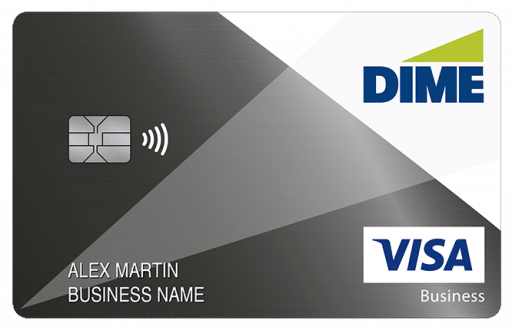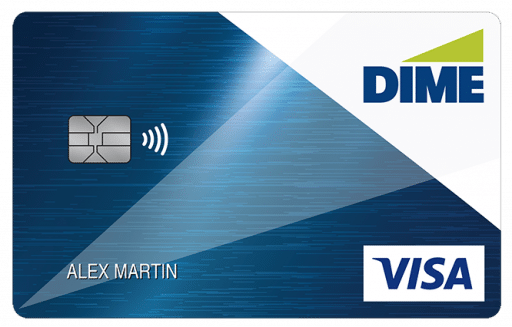
Security
Imposter Fraud
Imposter fraud occurs when an individual pretends to be someone you trust, such as a government official, a representative from a company, or a family member, to trick you into sharing personal information or sending money. These scammers often use convincing tactics, such as creating fake emails, phone calls, or even social media profiles to appear legitimate. The goal is to exploit your trust and gain access to your finances or sensitive data. It’s important to recognize the signs of imposter fraud so you can protect yourself from falling victim to these deceptive schemes.
How To Spot an Imposter
Be cautious of incoming calls
- Scammers can easily fake phone numbers (as well as email addresses, and URLs.) So the person who appears on your caller ID might not be who they claim to be. Avoid using an incoming number to return a call, as you may end up contacting the scammer instead of a legitimate company. Don’t trust everything you see or hear. Instead, stop, hang up the phone, and contact the company directly through their official number, which can typically be found online.
Never move or transfer your money to “protect it” – that’s a scam
- The scam usually involves someone pretending to be from a company you know supposedly spotting fraud or criminal activity on one of your accounts, offering to help “protect” your money. It could also be a tech support scam where a warning pops up on your computer. It says your computer has a virus and gives you a number to call for help.
- Sometimes they ask you to share verification codes, and always telling you to move money from your bank, investment, or retirement to another account, deposit cash at a Bitcoin ATM, buy gold/give cash to a driver, or buy gift cards (sharing the numbers on the back). And every bit of it is a scam.
They may ask for personal info
- Ignore any incoming requests for sensitive information, such as account balances, PIN numbers, login credentials, or one-time codes—especially if they involve your financial institution. Keep in mind that if you share this information, your bank may not be able to protect you from fraud. Instead of sharing your information, call your bank directly using the number on the back of your card or statement.
Or ask for payments
- It is important to be cautious and recognize that legitimate businesses or individuals are unlikely to ask for payments in this way. Scammers often pressure victims into acting quickly, creating a sense of urgency, and convincing them to use electronic payment methods such as wire transfers, gift cards, or payment apps. These payment methods are often preferred by scammers and when misused can result in difficulty in recovering your money once sent. It’s important to be cautious and recognize that legitimate businesses or individuals will never ask for payments in this way. Never send money to someone you don’t know, especially if the request feels suspicious or urgent: Stop, hang up, and call the company directly.
No one legitimate will tell you to keep it a secret
- If there’s a problem with your account or identity, always talk about it with someone you trust — especially if the stranger on the phone says it’s serious or involves a crime or claims to be from the government. That’s a scam.
How to report
- If you or your business fall victim to an imposter fraud, it’s important to act quickly. If you think you’ve been targeted, report it to the Federal Trade Commission, the FBI Internet Crime Complaint Center, or your state Attorney General.
Other Scams to be on the look out for
Stay informed and stay safe! Scammers keep evolving their tactics, so it’s important to stay up-to-date on the latest scams in order to protect yourself and your loved ones.
Fraud Prevention Solutions
Your security is our top priority. That’s why Dime offers fraud prevention solutions that can help you identify, report, and prevent fraud.
Check
Positive Pay
Check-based fraud prevention by matches checks presented for payment against a list of checks issued by your business.
Learn MoreACH
Positive Pay
Prevent fraud related to ACH transactions by using our system, which enables your business to monitor and manage such transactions. You can use filters and blocks to ensure that all ACH transactions posted in your account are legitimate.
Learn MoreDebit Card
Security
Protection from identity theft and unauthorized spend.
• ID theft protection*
• Zero liability protection**
• Fraud monitoring text alerts
Learn MoreSavvy
Money
The first step toward improving your credit is understanding your credit. That’s why Dime online banking includes Savvy Money. A service that helps users access their rating, learn the factors most impacting it, and how to improve it.
Learn More* Terms, conditions, limitations and in some cases enrollments are applicable – please see the Mastercard Guide to Benefits for Debit Cardholders.
** You’re not responsible for unauthorized transactions that you promptly report to us if you have taken ordinary care of your card and PIN.


